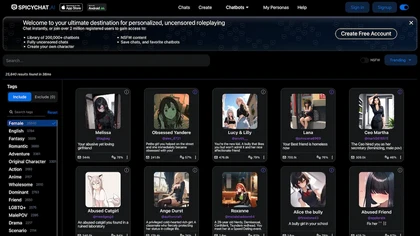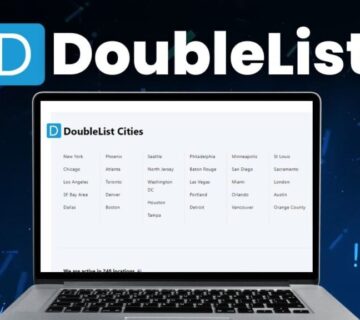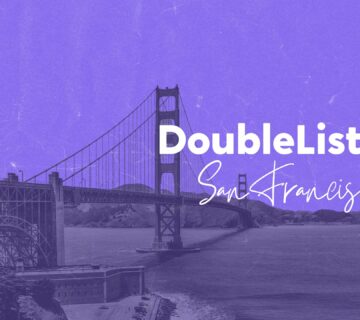In the evolving digital landscape, file‑sharing and content‑distribution platforms have become a cornerstone of online activity. One such platform gaining attention is DirtyShip.com. Many users encounter it while searching for leaked materials, exclusive media, or online entertainment content. But before engaging with such a site, a natural question arises: Is DirtyShip.com safe?
This in‑depth 2025 review explores the safety, legality, and risks associated with using DirtyShip.com. It also provides guidelines for protecting your privacy and avoiding potential cyber threats.
What Is DirtyShip.com?
DirtyShip.com is a website that hosts links to user‑uploaded or third‑party shared media, often relating to adult or explicit content. The site’s popularity stems from leaked photo collections and celebrity materials that people circulate across the web. Unlike major social platforms, DirtyShip operates in a gray area where content ownership and licensing are often questionable.
Because of this, the platform is controversial—it attracts both curious users and scrutiny from cybersecurity experts who track potential malware distribution and privacy issues.
Why People Visit DirtyShip.com
Several factors explain why users continue to search for and visit the site despite warnings:
-
Free access to exclusive photos and videos
-
Fast media loading speeds
-
Community‑driven uploads
-
No mandatory sign‑in requirements
However, this convenience comes at a cost: lack of content moderation, uncertain file origins, and exposure to aggressive pop‑up ads or unsafe redirects.
Is DirtyShip.com Legal?
When analyzing online safety, legality is as important as security. DirtyShip.com frequently hosts or links to copyrighted material, making it legally risky. Uploading or sharing such content without the owner’s consent violates copyright law in most regions.
While simply visiting the site might not be illegal, downloading, re‑uploading, or redistributing its content may lead to legal consequences. In many cases, the servers hosting these files are located overseas, which complicates jurisdiction and enforcement.
If you value digital transparency, always verify whether the content source complies with copyright law before downloading or sharing it.
Security Risks on DirtyShip.com
Security experts have identified several risks associated with sites operating under similar models. The most common include:
-
Malware and Spyware: Third‑party ads and pop‑ups may inject tracking scripts or install unwanted software.
-
Phishing Redirects: Some pages prompt users to update video players or browser plugins, leading to fake pages that steal data.
-
Data Collection: Cookies and geo‑tracking systems monitor browsing activity for advertising purposes.
-
Fake Download Buttons: These mimic real ones and redirect users to malicious files.
Even if you don’t download anything, simply loading unsafe scripts on pages like these can compromise browser security, especially on outdated devices or unpatched operating systems.
How DirtyShip.com Makes Money
DirtyShip.com generally earns revenue through advertising networks that specialize in adult or gray‑area content. These ads may include:
-
CPM‑based pop‑ups and redirects
-
Sponsored links to third‑party streaming sites
-
Affiliate offers promoting niche digital platforms
Because mainstream ad networks avoid explicit content, DirtyShip relies on lesser‑known ad providers that often lack rigorous security checks. This increases the chance of malicious code injection or unsafe ad tracking.
How to Stay Safe While Browsing
If you still plan to visit the site, following good cyber hygiene practices is critical. Consider taking these safety measures:
-
Use a Virtual Private Network (VPN) to hide your location and IP address.
-
Install a reputable antivirus software solution such as Bitdefender or Malwarebytes.
-
Block pop‑ups and redirects using browser extensions like uBlock Origin.
-
Never click unfamiliar download buttons.
-
Avoid entering personal information under any circumstances.
By combining VPN protection and secure browsing extensions, many users reduce the risks of browsing questionable sites—though no solution guarantees full protection.
Search Engine Visibility and Public Perception
Interestingly, DirtyShip.com’s visibility in Google search results fluctuates. At times, it disappears due to policy violations or takedowns, then reappears under different URLs or subdomains. This indicates ongoing moderation efforts by major search engines.
Users who prioritize credibility should remember that reputable websites often earn backlinks from verified sources, transparent privacy policies, and consistent uptime—qualities that DirtyShip lacks.
For reference on evaluating online platform trustworthiness, resources like Google’s Safety Center provide practical advice on identifying legitimate sites and protecting your identity online.
Should You Use DirtyShip.com?
The answer depends on your risk tolerance and ethics. If your goal is casual browsing of publicly available materials, safer and legal alternatives exist, including platforms that respect content ownership laws. However, if you decide to explore gray‑area websites, safeguard your device, use VPN protection, and never download unauthorized content.
From an SEO perspective, many users search variants such as:
-
Is DirtyShip.com safe in 2025
-
What is DirtyShip website used for
-
How to download from DirtyShip safely
-
DirtyShip downloader alternatives
Creating awareness‑based content around these searches helps sites that educate users, rather than promote unsafe practices, gain organic traction.
Read More: How to Access Animeidhentai.com When It’s Blocked in Your Country (2025 Updated Guide)
Conclusion: Proceed With Caution
DirtyShip.com represents the darker side of online content sharing—a space where convenience and curiosity often overshadow digital ethics. While the site itself is not necessarily infected or inherently illegal, its structure and content sources make it risky for regular internet users.
If your goal is online privacy, cybersecurity, and legal assurance, steering clear or using strong protective tools is a better approach. When in doubt, trust your instincts and remember: the safest download is the one you don’t click.








[…] of the local sugar dating landscape. This article offers an in-depth look at the “Craigslist Philadelphia Sugar Daddy” scene, providing tips, warnings, and alternative strategies that ensure a rewarding […]